
Business
15:51, 24-Nov-2018
45 years on, more to expect from China-Spain ties
Updated
15:20, 27-Nov-2018
By Alan B. Goodman
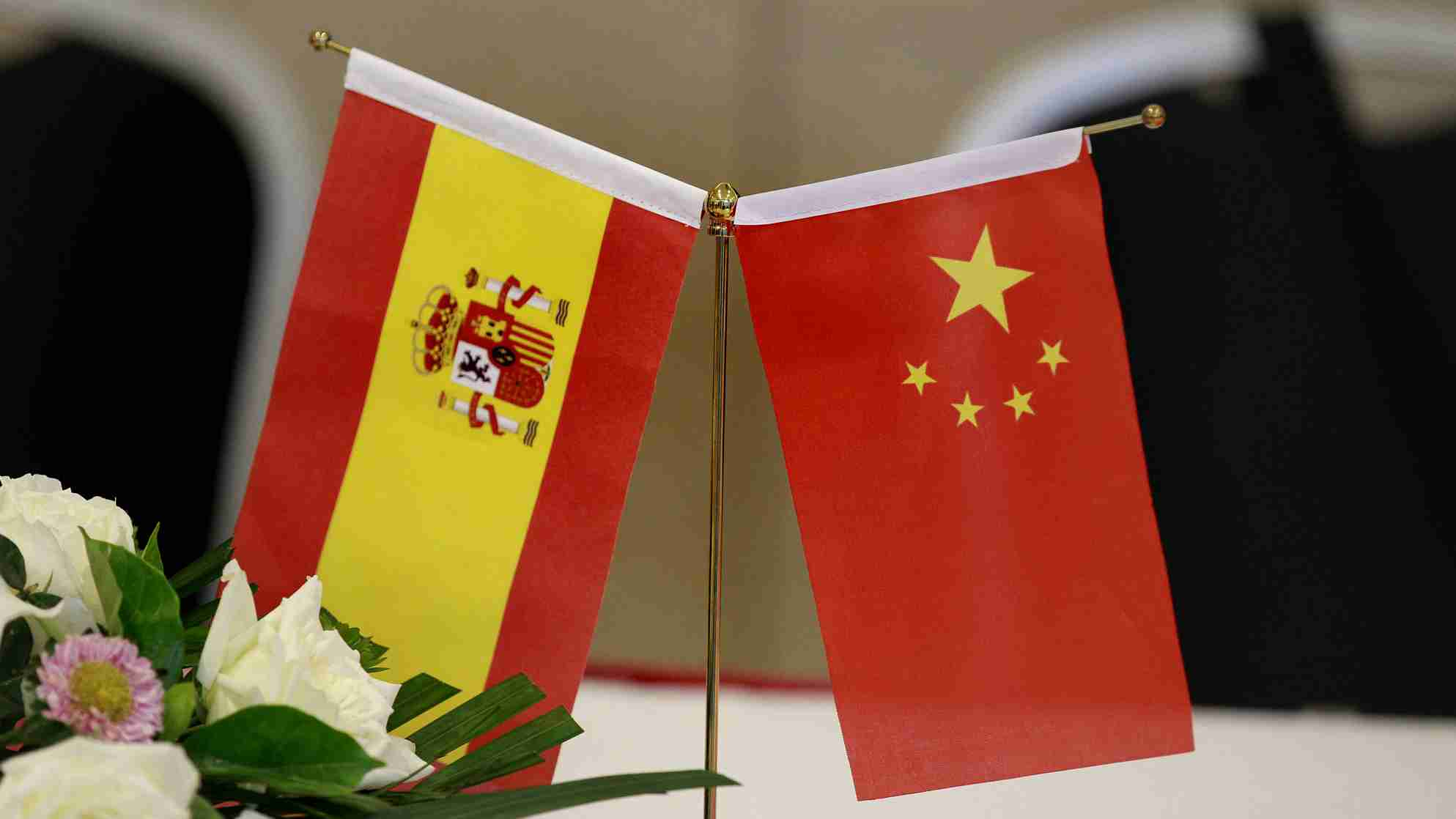
"Think about it," said Gonzalo Garland, an economics professor and vice president for external affairs at IE University in Madrid, referring to 45 years ago when Spain and China established diplomatic ties.
"China was starting to open to the rest of the world but it was not quite the time, by the late 1970s or the beginning of the 1980s. Similarly, here in Spain, around that time, there was still a regime, separated from the rest of Europe, of General [Francisco] Franco," Garland said.
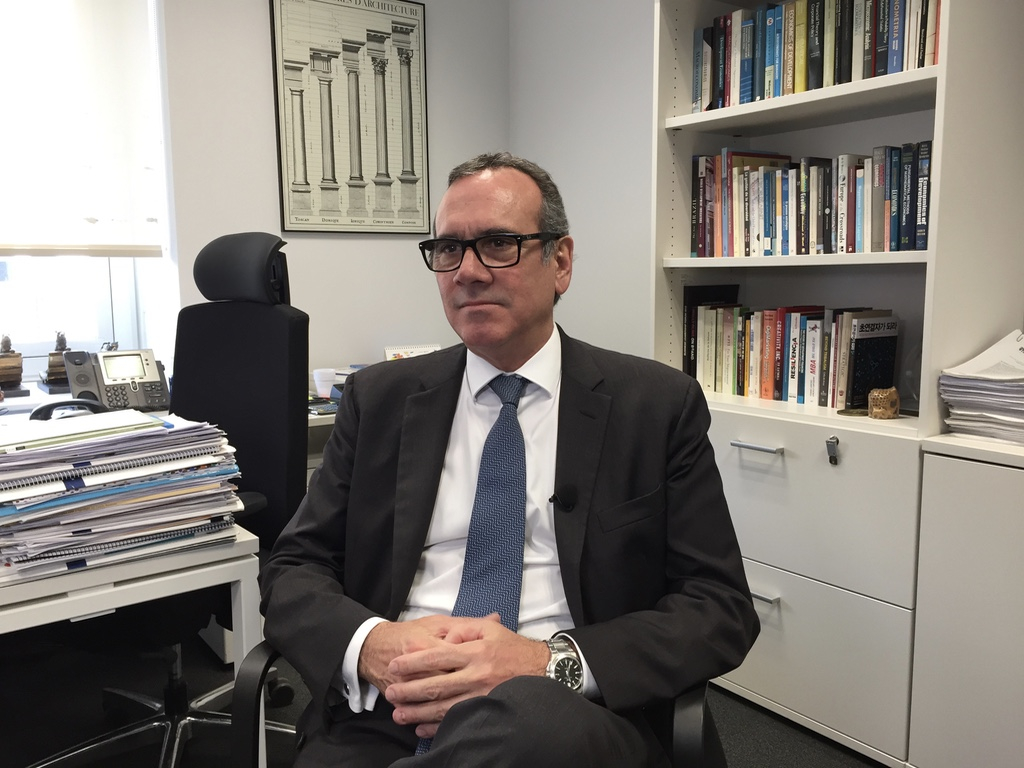
Gonzalo Garland, an economics professor and vice president for external affairs at IE University in Madrid /CGTN Photo
Gonzalo Garland, an economics professor and vice president for external affairs at IE University in Madrid /CGTN Photo
Both countries went through enormous changes, with Spain making a transition to democracy, joining the North Atlantic Treaty Organization (NATO) and the European Union (EU), and becoming much wealthier.
Trade and investment have sharply increased between China and Spain in recent years.
China exports to Spain products such as telecommunications gear, computers, clothing and toys, while Spain sends to China minerals, machinery and food. Investment is also increased, with Chinese companies looking at different kinds of opportunities, such as Spanish football clubs. The Wanda conglomerate has taken a stake in Madrid's second-most famous football club, Atletico Madrid, and the stadium of the team is named Wanda Metropolitano.
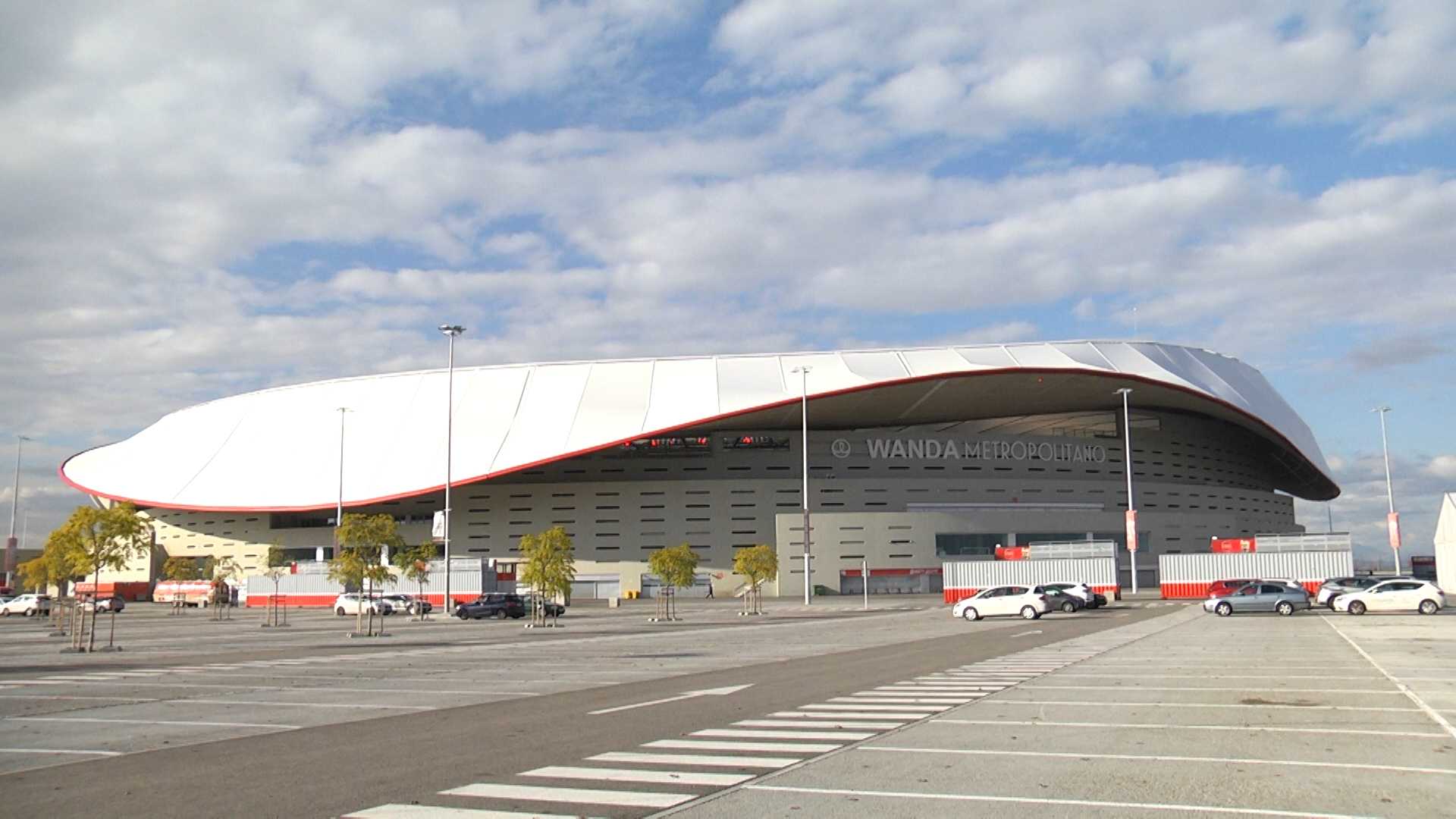
Wanda Metropolitano, Atletico Madrid's stadium /CGTN Photo
Wanda Metropolitano, Atletico Madrid's stadium /CGTN Photo
The number of Chinese tourists visiting Spain increased dramatically, now reaching about 700,000 per year. That is still small in comparison to the several millions of German and British tourists, but scenes of Chinese visitors moving about in small crowds in the heart of Spain's historic cities were hardly the norm when the two countries established diplomatic ties.
Bernardo Cabot, senior vice president of Asia Pacific for Melia Hotels International – Spain's largest hotel chain, operating in 40 countries, including China – said: "At the very beginning, the first attraction [for Chinese tourists] was Barcelona and Madrid. But now, every day more, we have other cities [they visit] like Sevilla, Cordoba, even the Balearic Islands and the Canary Islands."
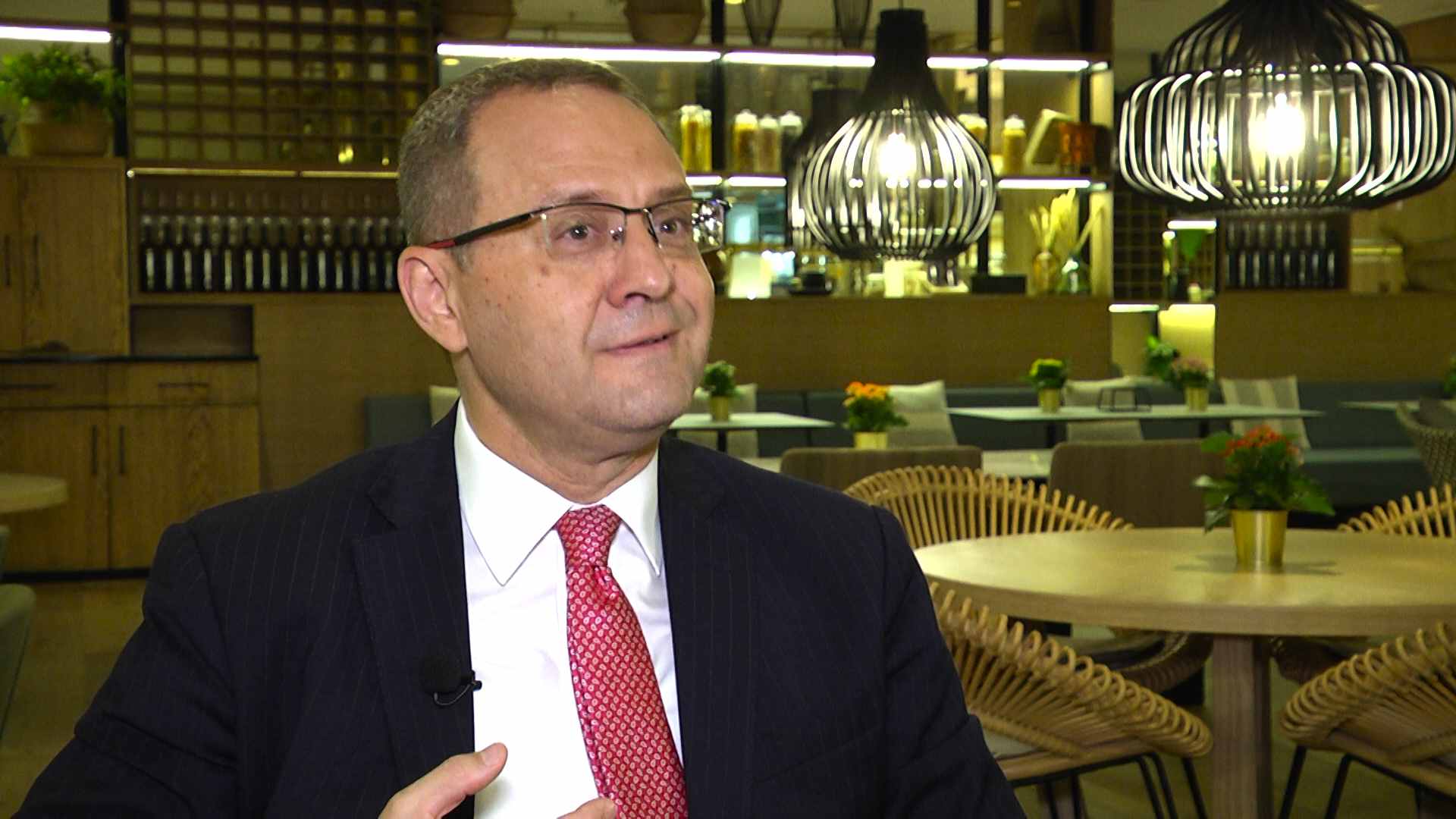
Bernardo Cabot, senior vice president of Asia-Pacific for Melia Hotels International /CGTN Photo
Bernardo Cabot, senior vice president of Asia-Pacific for Melia Hotels International /CGTN Photo
And it's not just the places they visit, Cabot added. "The Chinese traveler every day wants to understand more about our culture, [they] want to understand more about our food. And they want to understand more about how we have good times."
Now, Chinese President Xi Jinping is due to visit Spain from November 27 to 29, just before attending the G20 Summit in Buenos Aires, Argentina.
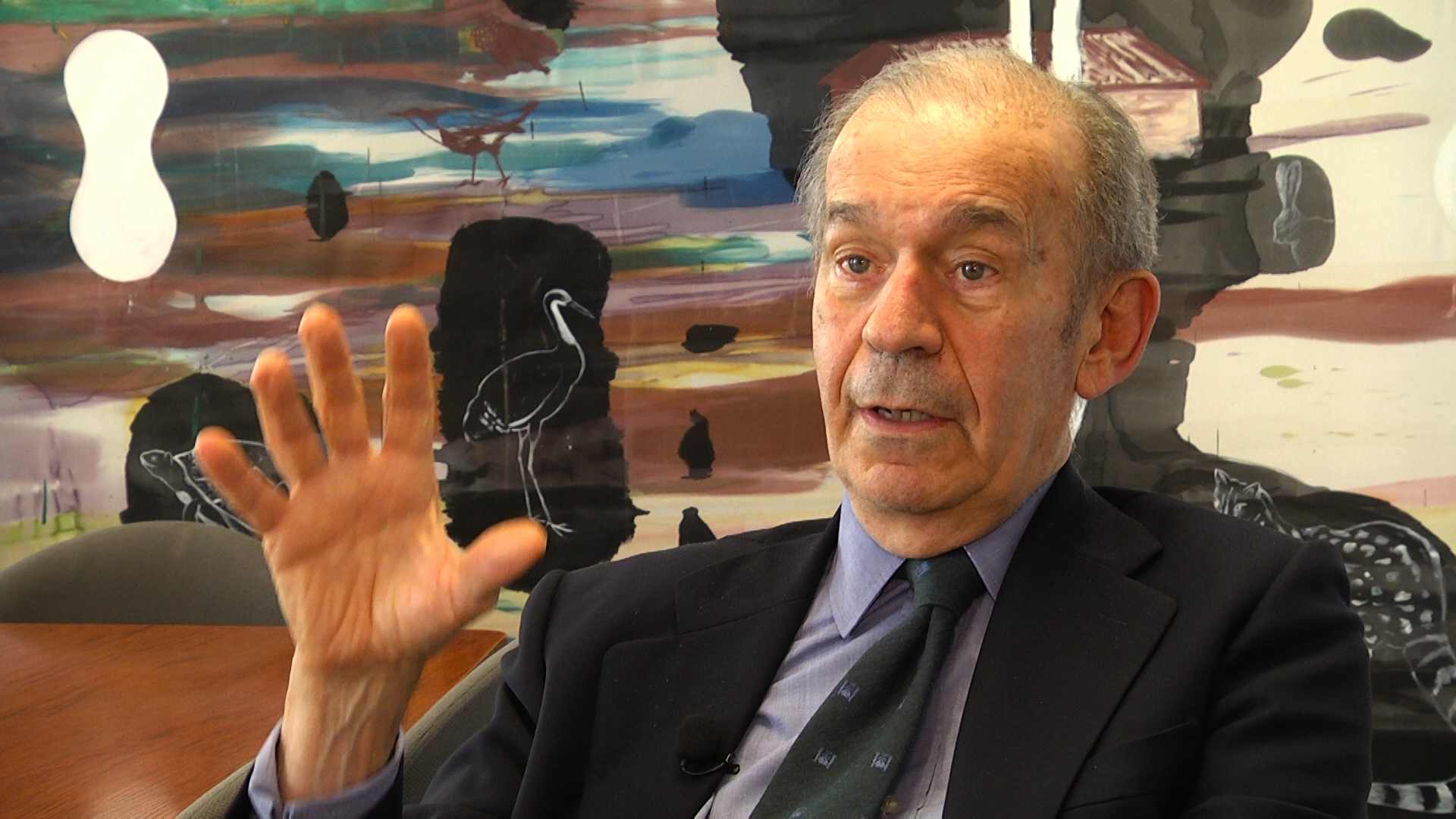
Former ambassador to China Jose-Pedro Sebastian de Erice /CGTN Photo
Former ambassador to China Jose-Pedro Sebastian de Erice /CGTN Photo
A former Spanish ambassador to China, Jose-Pedro Sebastian de Erice, who's now an executive with Madrid-based Tecnicas Reunidas – which has designed and built 26 oil, gas and chemical plants in China in recent decades – said China's key global development initiative, the Belt and Road Initiative, is sure to be discussed in Madrid during the Chinese president's trip.

SITEMAP
Copyright © 2018 CGTN. Beijing ICP prepared NO.16065310-3
Copyright © 2018 CGTN. Beijing ICP prepared NO.16065310-3